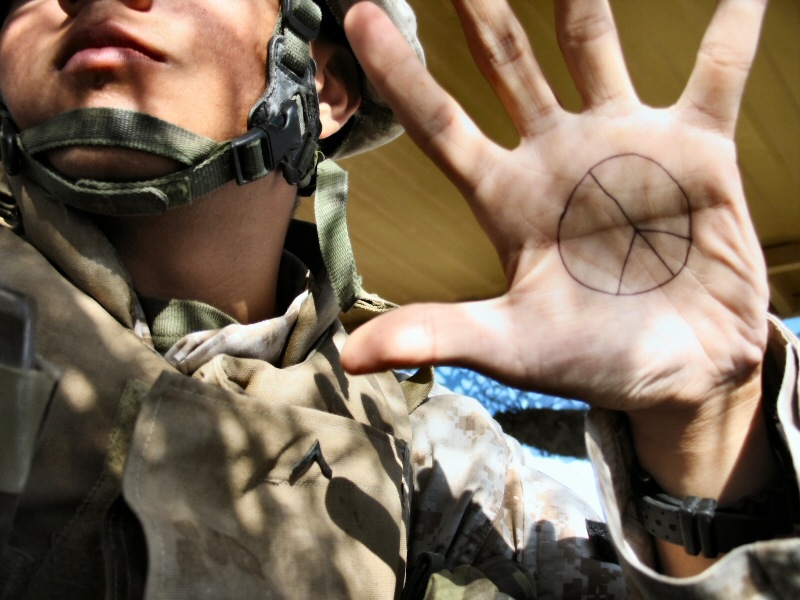Agnus Dei, qui tollis peccata mundi, miserere nobis. Agnus Dei, qui tollis peccata mundi, miserere nobis.Agnus Dei, qui tollis peccata mundi, dona nobis pacem.
-Agnus Dei section of the Catholic liturgy
This year, Linfield is doing something new with its curriculum. Until recently, I had only heard rumors about an overarching “theme” for the year. Turns out, the Program for Liberal Arts and Civic Engagement (PLACE) is an intriguing curriculum initiative that is shaping the lectures, classes, and interdisciplinary events at Linfield. The theme for this year is “Legacies of War.”
When I learned about this program, I was initially frustrated with two things. I) How would this ever tie into music? And II) Why was such a dark topic picked for a first-year initiative?
I don’t have an answer as to why war was selected. At this point, I have attended lectures and seen the complexities of war discussed both in and outside the classroom. And I am genuinely impressed by the quality of discussion, and by how relevant this topic is. I’ve enjoyed learning other fields’ approach to the problems and intricacies of war.
As for the first question, I sometimes need to remind myself of the basics. I get so caught up in all the new things I am learning about music––the technicalities, the theory, the aural skills––that I forget what the starting point is for music: having something to say. Music is an expression of feelings, thoughts, and emotions. Once I had seen the PLACE theme in action in other disciplines, I knew that it could be applied in the Music Department.
Anna Song is the director of choral activities at Linfield. She jumped on board with the PLACE theme. Nearly every song in our upcoming Spring Concert is a song of or about war. Some are upbeat and joyful (though we don’t sound this cool, yet):
And some are heartbreakingly beautiful:
But the largest piece we are doing is Zoltan Kodaly’s Missa Brevis (short mass). Composed during World War II, Missa Brevis was first sung in a cloakroom of the Budapest Opera House. Kodaly was in hiding there during the Nazi occupation of Hungary. Overall, the work is a plea for peace. What better way to discuss war than with its antithesis? Here’s the section of the mass that I find most beautiful. The words at the climax of this section are “Donna nobis pacem,” which are a cry to God to “give us peace.”
I plan to update the blog as the choir progresses in its preparation for this concert, which will surely be a special event for the PLACE theme.
Thanks for stopping by.
Featured photo from flickr user Jayel Aheram.

